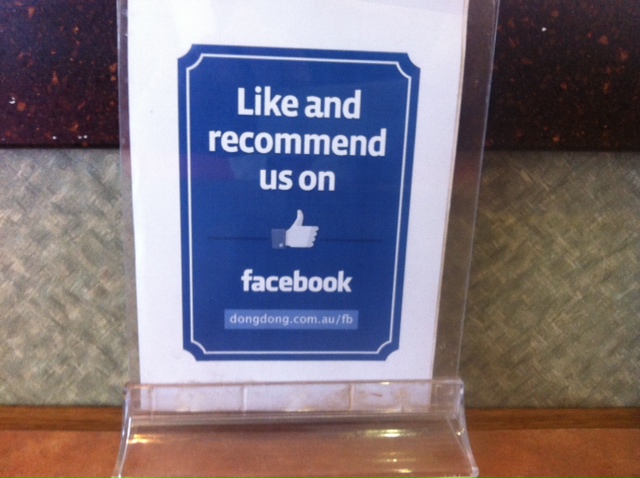Ten years after being founded YouTube is facing competition as new sites are being setup or existing video services start aggressively courting creators reports Variety magazine.
YouTube is the poster child of the user generated content movement where it’s largely unpaid contributors who generate the material that people watch on the service.
This model works fine as long as it’s amateur cat videos people are watching but when as it becomes a big business the justification for not paying content creators becomes flimsy.
Google’s management recognised this some time back and started rolling out its own partnerships with creators to add more income than the often tiny advertising revenues most earn.
Now it turns out those popular video bloggers are being tempted over to other sites and for YouTube the cost of premium content is about to get expensive.
For the Silicon Valley businesses is requires a change of culture as they simply don’t like paying creators; in the tech startup view of the world it’s only coders, founders and few lucky support staff who get the rewards while the bulk of people who add value to the product are treated as commodity ingredients.
For a period it was difficult for media startups to get funding unless they had a free source of user generated content, as Buzzfeed founder Jonah Peretti revealed in 2012.
Tech investors prefer pure platform companies because you can just focus on the tech, have the users produce the content for free, and scale the business globally without having to hire many people.
The movie studios and record companies on the other hand have a culture of paying their artists and production staff, despite their reputation of exploitation and stinginess.
It may well be that we’re past the golden era of user generated content and the free lunch for the sites that depend upon free materials.
If it is, then standards on sites like YouTube can only improve even at the costs of Google’s profit.







